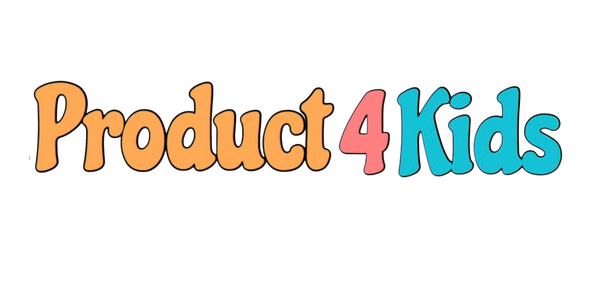
Introduction
Mathematics is a vital part of learning for children, but it doesn't have to be daunting or dull. By incorporating mathematical logic into fun activities, we can make the learning process enjoyable and effective. This blog post focuses on engaging children in math through shape sorting activities, number sequencing, basic addition and subtraction games, and geometry puzzles.
Shape Sorting Activities
Shape Hunt: Organize a shape hunt where children look for items of specific shapes around the house or classroom. This not only helps in shape recognition but also in observational skills.
DIY Shape Boards: Create boards with different shapes and have kids place the corresponding items on them. This hands-on activity is great for tactile learners.
Number Sequencing
Number Line Games: Use a number line to teach children about sequencing. Jumping to different numbers on the line can turn learning into an active and fun experience.
Puzzle Sequencing: Create puzzles where children have to arrange pieces in the correct numerical order. This can be a fun challenge that also reinforces number recognition.
Simple Addition and Subtraction Games
Math Bingo: Play bingo using addition or subtraction problems. When a number is called out, children have to find the correct equation on their bingo card.
Shopping Spree Game: Set up a mock store where children can 'buy' items with play money, practicing addition when adding up their items, and subtraction when making change.
Basic Geometry Puzzles
Tangrams: Introduce kids to tangrams, where they have to form specific shapes using geometric pieces. This develops spatial awareness and problem-solving skills.
Geometric Shape Building: Provide children with different geometric shapes to build various objects. This encourages creativity while teaching them about different geometrical concepts.
Conclusion
Mathematical logic is a crucial skill that can be developed through fun and interactive activities. These games and exercises not only make learning math enjoyable but also help children understand and apply concepts in a practical way. As they sort shapes, sequence numbers, and solve puzzles, they're building a strong foundation in mathematics that will benefit them throughout their education.

